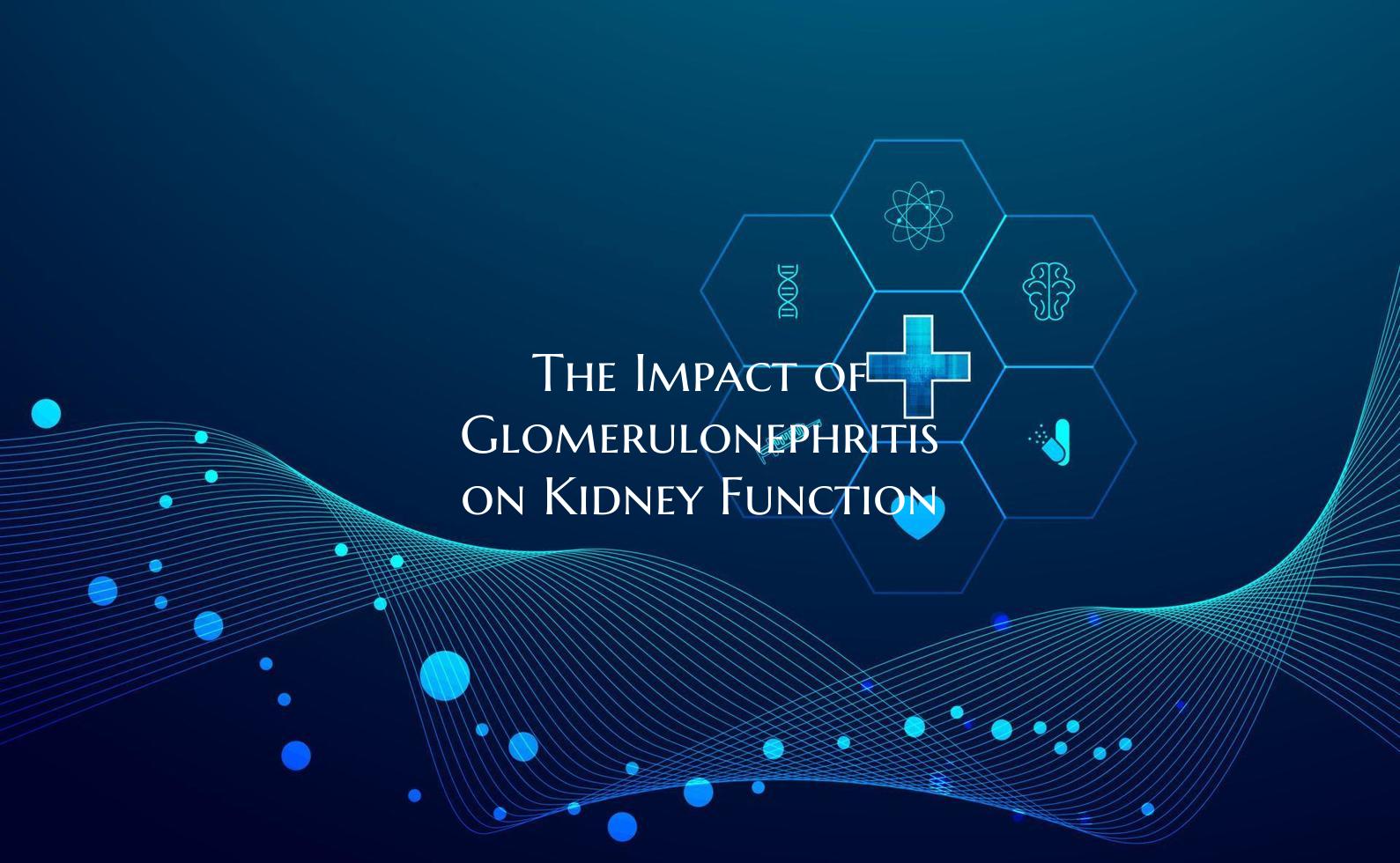
The Impact of Glomerulonephritis on Kidney Function
Glomerulonephritis is a type of kidney disease that affects the glomeruli, the small blood vessels in the kidneys responsible for filtering waste and excess fluids from the blood to create urine. This condition can have a significant impact on kidney function and overall health.
One of the key consequences of glomerulonephritis is impaired kidney function. When the glomeruli become inflamed and damaged, they are unable to effectively filter the blood. This can lead to a buildup of waste products and excess fluids in the body, causing symptoms such as swelling, high blood pressure, and proteinuria (protein in the urine).
Over time, persistent inflammation and damage to the glomeruli can result in a decline in kidney function. This can lead to chronic kidney disease (CKD) or even end-stage renal disease (ESRD), where the kidneys are no longer able to function adequately and dialysis or a kidney transplant may be necessary to survive.
Managing glomerulonephritis and its impact on kidney function often involves a combination of medications, lifestyle changes, and close monitoring by healthcare providers. Medications such as immunosuppressants, blood pressure drugs, and diuretics may be prescribed to help control inflammation, blood pressure, and fluid balance.
Dietary modifications, such as reducing salt and protein intake, may also be recommended to ease the workload on the kidneys. Regular monitoring of kidney function through blood tests, urine tests, and blood pressure checks is essential to track the progression of the disease and adjust treatment as needed.
In some cases, lifestyle changes such as quitting smoking, maintaining a healthy weight, and staying physically active can help slow the progression of glomerulonephritis and preserve kidney function. It is crucial for individuals with this condition to work closely with their healthcare team to manage the disease effectively and prevent further damage to the kidneys.
In conclusion, glomerulonephritis can have a significant impact on kidney function, leading to complications such as CKD or ESRD if left unmanaged. However, with proper treatment, lifestyle modifications, and regular monitoring, individuals with this condition can still lead fulfilling lives and preserve their kidney function for as long as possible.